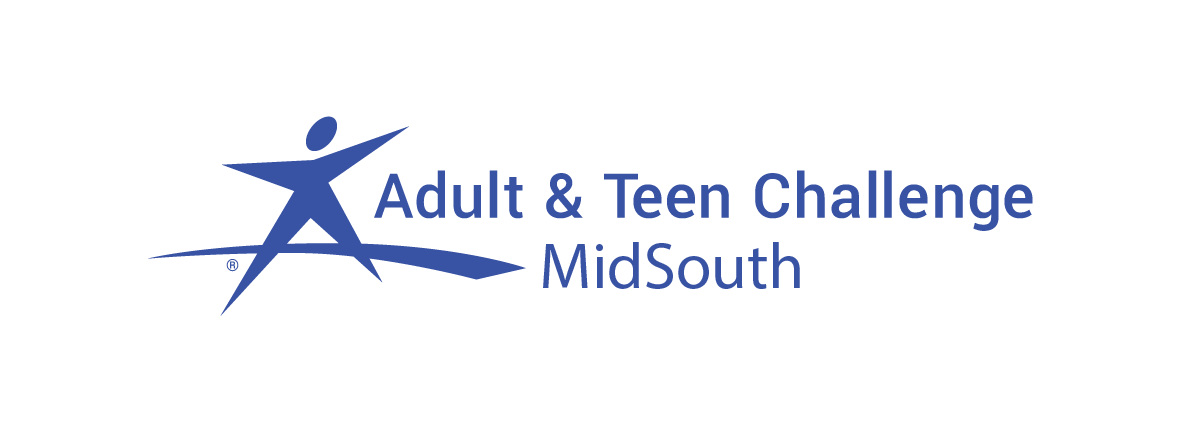Staying sober during the holidays can be challenging for people in recovery and particularly for those early in the process. There are many social events during the holidays, which provide many opportunities, and even pressure, to drink alcohol or use drugs.
When this is combined with the gathering of family members – who may be hearing for the first time about the newly launched effort to abstain from alcohol and drugs – anxiety and tension can be intense. This is especially the case when some family members are not knowledgeable about addiction or are active addicts themselves. The situation can be worsened by an expectation that one is to have a “joyous” holiday experience.
Fortunately, because this scenario is so predictable, much work has gone into finding tips for staying sober during the holidays. The key is to become familiar with this work and to take time to prepare for holiday events.
Our first suggestion is to set a realistic, first-time goal: getting through the season without a relapse rather than enjoying themselves. I would not rule out pleasure, but I think there’s a better chance of experiencing it the second time around.
Useful suggestions for staying sober during the holidays
Here are six suggestions that the ATC staff compiled that we hope you and/or your loved one will find useful for staying sober during the holidays:
1. Plan ahead. Know which events are coming up each day and have a game plan for how to deal with each of them. Consider skipping an event if the risk is too great; it will probably be more manageable next year when you have more recovery time behind you.
2. Get help from friends. Consider bringing a sober friend with you to the event. Tell a friend or accountability partner that you will call them when the event is over to check in.
3. Set limits. Try not to let social pressure prevent you from saying “No” or limiting the amount of time you stay at an event. Always have an exit strategy, such as bringing your car to the event, so you can leave when you want if things get tough.
4. Identify your triggers and avoid them. Remember the types of situations, people, or places that trigger you to drink or use drugs. For example, if certain people cause a lot of stress for you, limit your time with them. Especially pay attention to and address being Hungry, Angry, Lonely, and Tired (“HALT”) because these distressing conditions can threaten your recovery.
5. Keep your hands occupied. While at a party or gathering, plan to have a non-alcoholic beverage in your hand. People are less likely to ask you if you need a drink.
6. Let the host of the event know your situation. That way they won’t take it personally if you need to leave early.
If you or a loved one needs help during this holiday season, please call Adult & Teen Challenge MidSouth, 423-756-5558.

